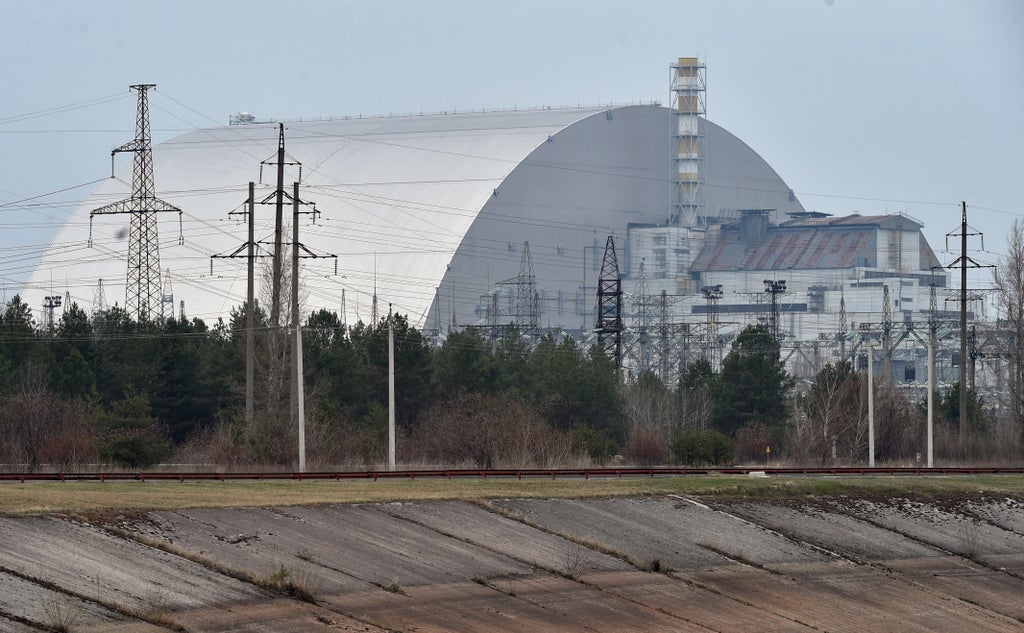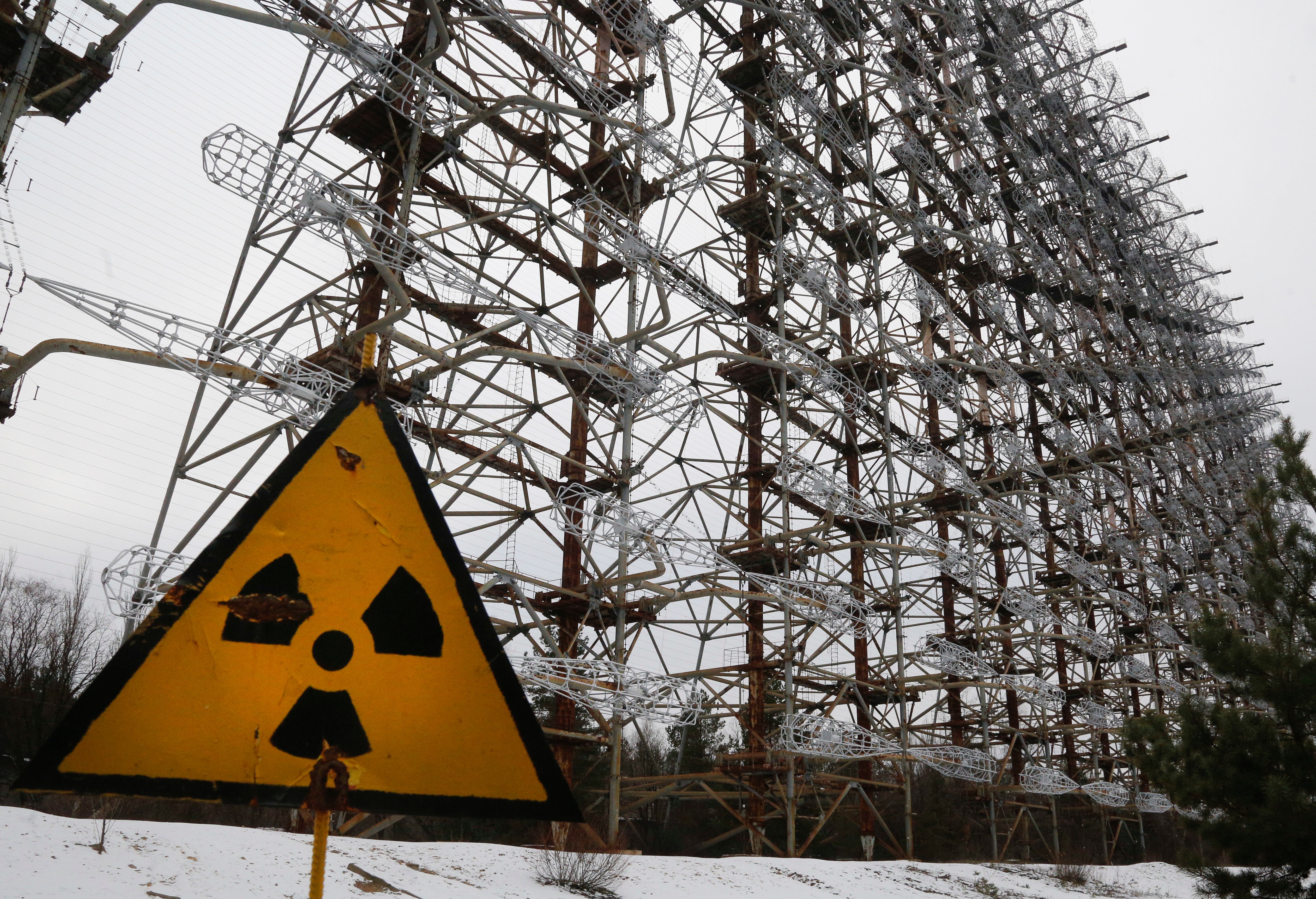
Ukrainian authorities have accused the Russian military of destroying a laboratory at the Chernobyl nuclear power plant, almost a month after it took control of the facility.
Officials said the laboratory contained “highly active samples and samples of radionuclides that are now in the hands of the enemy, which we hope will harm itself and not the civilised world”.
Radionuclides are unstable atoms from chemical elements that emit radiation.
The laboratory was opened in 2015 and has been functional since then, the Ukrainian agency responsible for the Chernobyl exclusion zone said on Tuesday.
Additionally, Energoatom, the state nuclear company, confirmed that the radiation levels around the Chernobyl nuclear plant could not be measured as the monitoring system was no longer operational.
“There is no data on the current state of radiation pollution of the exclusion zone’s environment, which makes it impossible to adequately respond to threats,” Energoatom said in a statement.
The company added that the area close to the plant was also facing the threat of seasonal forest fires, which occur most often in spring and summer. Some fires took hold at the weekend but have since been extinguished.
According to Ukrainian officials, the Russian forces had intentionally started the fires or sparked them with artillery shelling.

“Probably the fire was caused by the armed aggression of the Russian Federation, namely the shelling or arson,” a statement from the Ukrainian parliament read.
The abandoned zone around the Chernobyl plant is still considered highly risky because of the radiation from the 1986 nuclear disaster.
Possible dangers still linger in the plant area itself as radioactive components from the time of the disaster still exist.
Also, the soil still contains radiation and particles are still present in Chernobyl’s atmosphere from the time of the accident. This can spread to further regions via smoke when wildfires occur.
Local physicians and health experts had warned that the threat from the radiation in the area around Chernobyl is still very real and visible in children born with weak immune systems and heart rhythm disorders.
The Independent has a proud history of campaigning for the rights of the most vulnerable, and we first ran our Refugees Welcome campaign during the war in Syria in 2015.
Now, as we renew our campaign and launch this petition in the wake of the unfolding Ukrainian crisis, we are calling on the government to go further and faster to ensure help is delivered. To find out more about our Refugees Welcome campaign, click here.
To sign the petition click here. If you would like to donate then please click here for our GoFundMe page.

.png?w=600)





